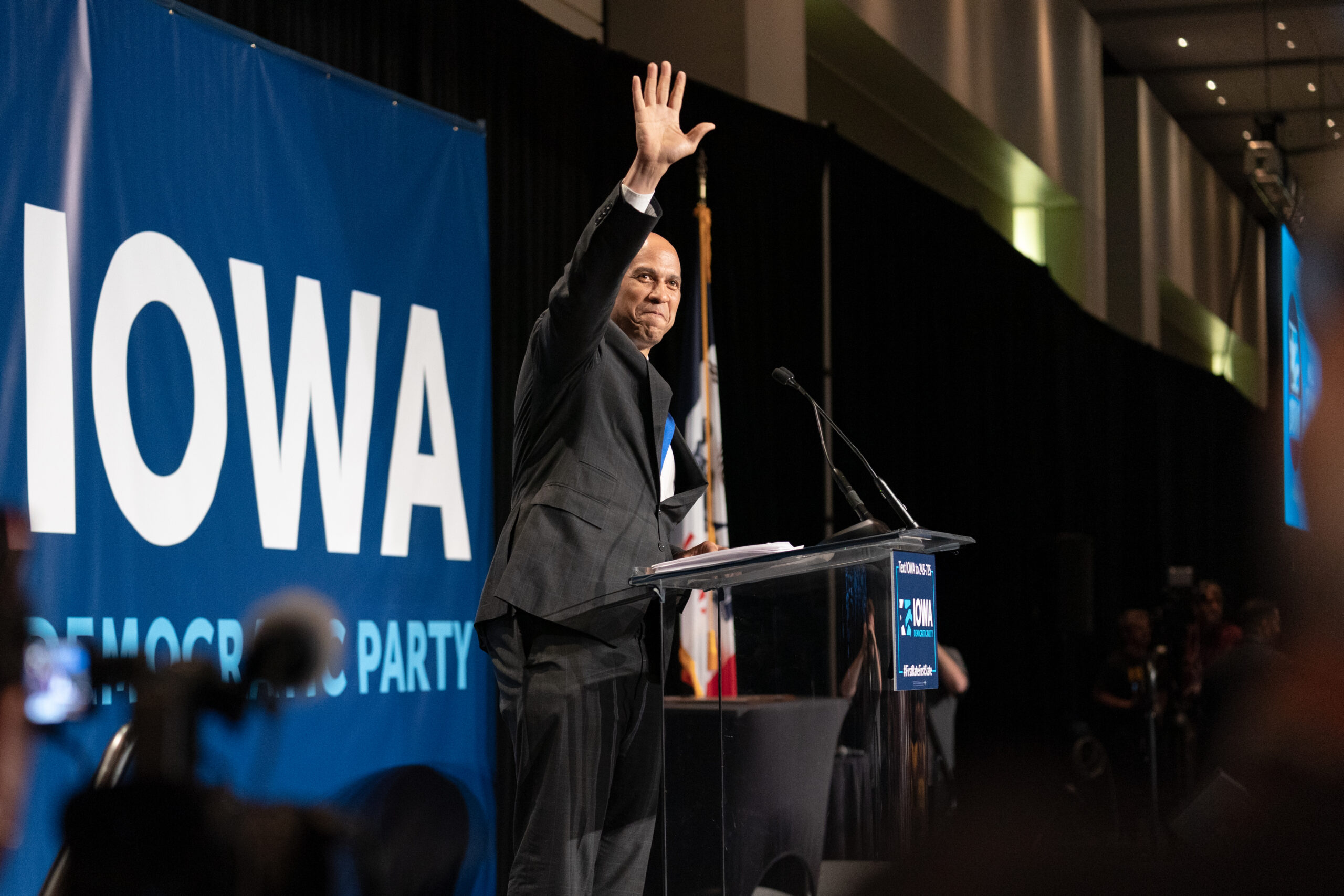On December 20th, 2019 the House of Representatives voted to impeach President Donald Trump, to the overwhelming approval of Democratic voters and with a plurality of support among the American electorate.
Impeachment was the proper, moral, and necessary course of action to take. It should have been pursued earlier and more vigorously by Democratic leaders.
Although it is extremely unlikely that Mitch McConnell’s Republican-controlled Senate will vote to throw Trump out of office, the House had an obligation and a duty to impeach Trump for violating the United States Constitution.
The impeachment vote was made possible by the results of the 2018 midterms, where Democrats secured control of the House of Representatives with the largest majority in the history of midterm elections.
However, among those Democrats competing to replace Trump in the White House, the consequences of impeachment are more complicated than the symbolic condemnation of a leader they all see as incompetent, corrupt and dangerous.
Senator Cory Booker of New Jersey said it the most bluntly, in an interview with the Associated Press: an impeachment trial could be a “big, big blow” to his (already struggling) presidential campaign.

Booker’s concern is not based on the (highly contested) idea that voters will turn against the Democrats for impeaching Trump, but is based on the nuts and bolts of political campaigning.
The impeachment trial – which could begin as soon as next week – will take place in the U.S. Senate in Washington D.C. As a sitting senator, Booker will be obliged to attend, taking him away from where he will really want to be – Iowa.
The Iowa Democratic caucuses are to be held February 3rd, meaning that the impeachment trial in late January will eat up the precious final weeks that many of the candidates seeking the presidential nomination have to campaign.
Iowa is famed for its status as a testing ground for retail politics (“shaking hands and kissing babies”), and long periods of absence from the state in the run up to February 3rd could destroy any chance Booker has of winning over undecided voters in the Hawkeye State – a major blow to a candidate who contemplated dropping out of the race as early as last September.
Booker is not the only candidate with this problem. Five Democratic senators are currently running for the nomination, and all want to do well in Iowa.
An impeachment trial would force all five to return to Washington D.C. from the campaign trail, and would give their rivals the chance to out-campaign them in the crucial final stretch before voters go to the caucuses.
This consequence of the impeachment trial is particularly worrying for supporters of the most progressive candidates.
Polls in Iowa currently show a three-way tie for first place between former Vice President Joe Biden, Senator Bernie Sanders, and former Mayor Pete Buttigieg with Senator Elizabeth Warren hot on their heels. A trial in Washington D.C. would force the two most progressive candidates in the race – Sanders and Warren – away from the campaign and leave the field more open to Joe Biden and Pete Buttigieg (both of whom have more neoliberal tendencies).

This could have dramatic consequences down the road, especially for Buttigieg. As the previous mayor of a small city, Buttigieg has faced questions over his youth and political inexperience. A victory in Iowa could cement his campaign’s legitimacy in the eyes of many voters and quiet his critics.

For Biden, an impeachment trial in the Senate would remove the only two candidates who have come anywhere near to challenging his frontrunner status nationwide, and put him in an even stronger position in Iowa.
Iowa Democrats are more liberal than Democratic voters in other states, but Warren and Sanders’ absence in the final weeks might allow Biden to win over those skeptical of his politics with his “Uncle Joe” persona – a powerful tool in a retail politics oriented state that is overwhelmingly white and largely rural.
Iowa is undoubtedly plays an outsized role in presidential politics — over half of the time, the winner of the Iowa caucuses goes on to secure the presidential nomination from their party. However, that does not mean disaster for the senators remaining in the race. With over a dozen candidates still running, a decisive victory by any single campaign is highly unlikely.
Very few delegates are at stake in Iowa, and of the senators, at least Sanders and Warren appear positioned to be able to continue campaigning for many weeks beyond the early states with the resources they’ve already secured.


Comments are closed.